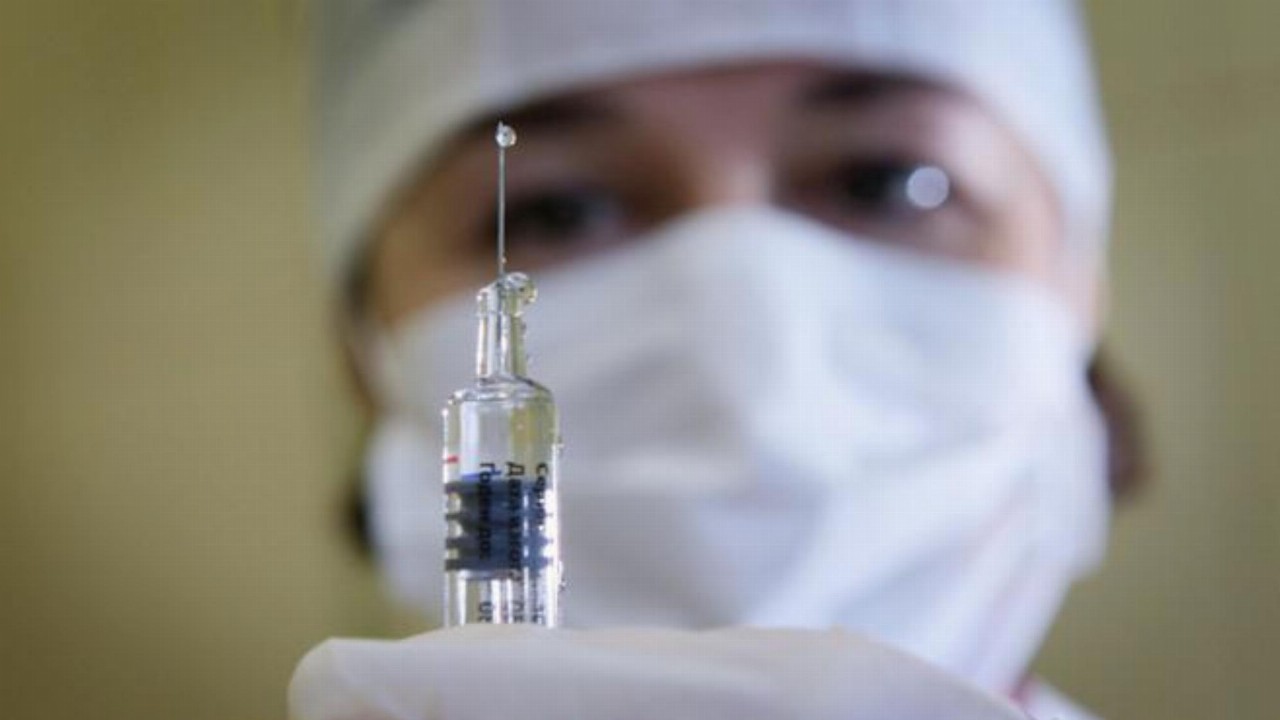- Australians will be vaccinated against COVID-19 earlier than anticipated after the government brought forward the rollout
- Beginning in early March, around 10 million doses of the Pfizer BioNTech jab will be distributed across the nation
- Health Minister Greg Hunt hasn’t ruled out beginning immunisations even sooner if the jab is approved by Australia authorities early
- Australia has subscribed for both the Pfizer vaccine and the AstraZeneca vaccine, both of which have been approved internationally
- It’s hoped mass vaccinations will allow Australia’s borders to re-open, with Qantas (QAN) tentatively scheduling more U.K. and U.S. flights from July
- However, a new, more infectious strain of COVID-19 from the U.K. is threatening to derail the border opening plans after it was identified down under
Australians will be vaccinated against COVID-19 earlier than anticipated after the government brought forward the start date by two weeks.
Early March rollout
Around 10 million doses of the first vaccine, the Pfizer BioNTech jab, will start rolling out to healthcare workers and vulnerable residents in early March.
Health Minister Greg Hunt said the timeline for the vaccine rollout had been brought forward after new health advice was recieved.
The Minister also revealed there was a possibility of the vaccine being brought forward again, if it’s approved by Australian health authorities.
“We’ve been able to bring our vaccination commencement schedule forward from the middle of the year, to the second quarter, to late March and now to early March, and I’m not ruling out further steps,” he said in an interview with 2GB.
The Federal Government has subscribed for the Pfizer and AstraZeneca vaccine, which was trialled at Oxford University, with both already in use internationally.
Border reopening?
The airline industry is hopeful the vaccination rollout will allow Australia’s borders to reopen, with Qantas (QAN) previously stating all future passengers will need to be immunised.
The Aussie airline has brought forward international ticket sales to the U.S. and U.K. and several Asian nations, with flights now available from July 1.
The move may be short-lived however, as health authorities are increasingly concerned about a new strain of COVID-19 originating from Britian.
The U.K. strain can be 50 to 70 per cent more contagious than the original virus and has been detected multiple times in returned travellers in hotel quarantine across Australia.
The federal government is reportedly considering closing the border to London — and South Africa where a similar strain has been noted — in order to stop the mutation from spreading across Australia, according to News Corp.
But, one epidemiologist has warned that by closing the border to two countries, you effectively close the border to everyone.
“We can close the border, that’s quite radical, but it’s on the table as a possibility, or we strengthen the border,” Tony Blakely told the ABC.
“If we did shut the border with the U.K. and South Africa, the variant that’s there will be in Spain, France, it’s worldwide soon. We could well end up shutting the borders to everyone,” he added.







